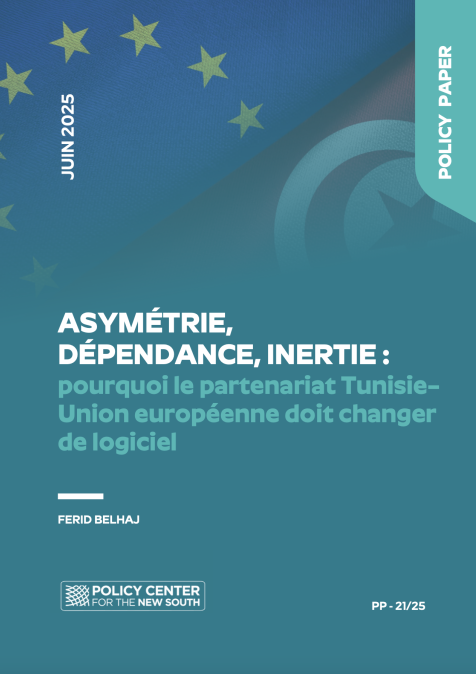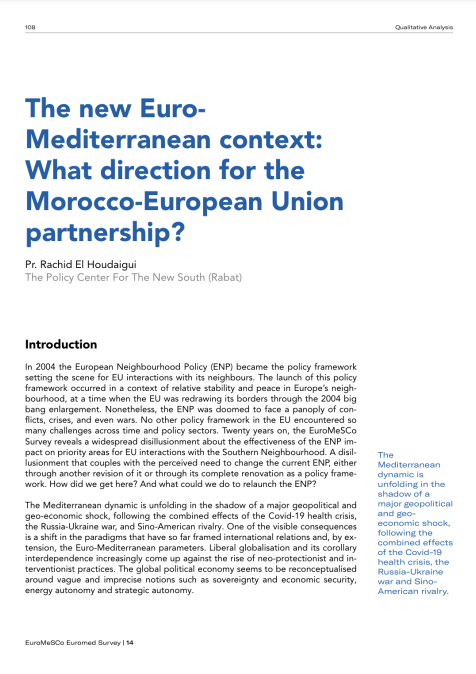Recent evolutions on the global stage have contributed to shed a new light on African countries and India as key players in shaping the future of global governance and the international order. The reform of multilateralism and institutions such as the United Nations Security Council (UNSC), international financial institutions (IFIs) and multilateral development banks (MDBs) have notably figured high on the agendas of decision-makers in both areas. India has been vocal in promoting a better representation of Africa’s voice within the G20 and other fora. Attitudes vis-à-vis the return of war in the European continent, notably as expressed during votes at the United Nations General Assembly (UNGA), have signaled both a willingness to uphold international law and a reluctance to engage in axes/blocks (geo)politics dictated by the West.
Both Africa and India are also increasingly positioning themselves in the economic transformations taking place to address climate change and serve foreign markets, notably in the U.S., Europe, and Asia-Pacific, as potential providers of manufacturing goods, renewable energy, and services. In that regard, North African countries are particularly well-positioned to reap the benefits of the paradigm shift happening in Europe, whereby decarbonization and nearshoring are presented as imperatives to ensure safer and more sustainable supply chains in line with the EU’s Green Deal. India, for its part, can become a global manufacturing hub and provider of high-tech goods by benefitting from allyshoring and tapping into its vast human potential.
While North Africa and India are both components of the Global South, cooperation between the two has often been overshadowed by other interactions and formats. India’s engagement with Africa as a whole (e.g., through the African Union), or with given regions (e.g., East Africa) or countries (e.g., South Africa) of the continent has generally benefitted from more attention, notably because of their shared Ocean that constitutes a common geographic and strategic space. Within the West Asia and North Africa (WANA) region, West Asian partners, particularly in the Gulf, have also forged solid links with India which have attracted much publicity. The Comprehensive Economic Partnership Agreement (CEPA) with the United Arab Emirates (UAE), which entered into force in May 2022, has illustrated the desire and drive to build strategic economic relations between Asian partners to reap the benefits of forward-looking investment and seek further opportunities through commerce.
Nevertheless, Prime Minister Narendra Modi’s recent visit to Egypt in June 2023 – the first of its kind in more than a quarter of a century – has recalled that relations between India and North African nations run deep. In terms of trade, bilateral relations with some North African countries are stronger than is often guessed, as India was Morocco’s third destination of exports in 2021, and Egypt’s fifth. Like India, Egypt, Morocco, and Tunisia have also invested in green hydrogen as a potential fuel of the future. North African countries are also trying to boost their digital and innovation ecosystems, and lessons can be learnt from the successes India has achieved in these areas.
Experience can thus be shared between India and North Africa. A fruitful dialogue between the two partners can help consolidate their respective positions in global value chains (GVCs) and participation to discussions on the future of the international system, taking into account sustainable development challenges as perceived by developing nations.












